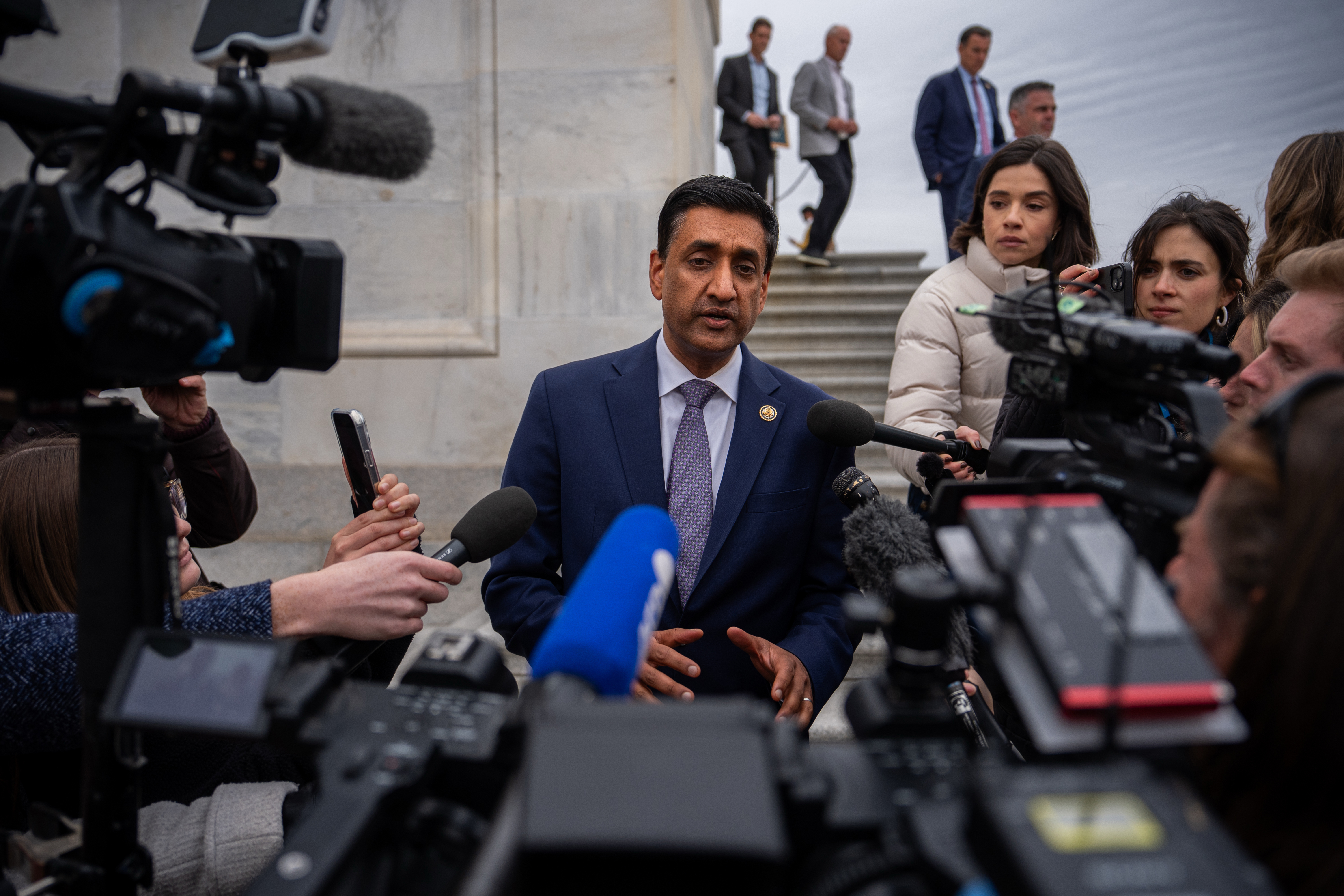33,000 Boeing machinists are getting ready to cast their vote this week on a new contract proposal between their union and Boeing. If this proposal is passed, it could end the five week old strike and work can start again at Boeing factories.
The proposal was hammered out with the help of Labor Secretary Julie Su, who traveled to Seattle last week to meet with union and Boeing leadership.
The new proposal offers a 35% pay raise up, from 30% in the last proposal; a $7,000 ratification bonus, up from $6,000; enhanced 401(k) contributions; and performance bonuses retailed at a minimum of 4%.
What the contract doesn't offer is a 40% pay increase and a restoration of the traditional pension program — two sticking points that union leadership and members have been seeking. However, some employees after 4 years will see a wage increase of 39.78%.
While union leadership has not come out and endorsed the proposal, they called it "worthy of consideration".
In a statement, district union presidents Jon Holden and Brandon Bryant said: "The fact the company has put forward an improved proposal is a testament to the resolve and dedication of the frontline workers who've been on strike."
For its part, Boeing said: "We look forward to our employees voting on the negotiated proposal."
Even if the strike ends this week, it's taken a huge financial toll in the billions.
An Anderson Economic Group analysis says that if the strike ends this week and workers go back to work Friday, the strike would have cost the U.S. economy $8 billion — making it the costliest strike in 2024 so far.
RELATED STORY | Boeing will lay off 10% of its employees as a strike by factory workers cripples airplane production
If the strike pushes on further, says Patrick Anderson, principal and CEO of Anderson Economic Group, it could have dire consequences for the plane maker.
"Boeing can handle a short strike without losing a lot of its major customers. But a long strike could have potentially devastating consequences to them in terms of airlines deciding to just shift to their major competitor, in which case they'd lose not only 1 or 2 orders, but, you know, 10 years of business. And that's something that both the labor union and Boeing should be very concerned about," said Anderson.
The strike has halted production of 737, 767 and 777 aircraft.
Boeing's 787 Dreamliners are still being built at its non-union plant in South Carolina.
The company has announced that it will cut 17,000 jobs, about 10% of its workforce, because of the strike.
Thousands of Boeing's suppliers are also trying to pinch pennies. Spirit Aerosystems announced it will be furloughing 700 employees at the end of this month.
Even before the strike, Boeing was strapped for cash. It was making far fewer planes as it was mandated by the FAA to focus on fixing safety and quality issues.
Those issues have plagued the company since two fatal 737 Max crashes in 2018 and 2019 and since a door plug blew off a 737 Max fuselage in January.
Boeing announced steps last week to raise $25 billion from new stock or selling debt. Michael Bruno, of Aviation Week, says getting production back up is a top priority.
"Boeing is certainly not going to hit production rate of 38 new 737s a month, which was a key goal for this year. It's key not only for Boeing itself and its financial recovery, but it's key for the supply chain," said Bruno.
The contract vote is happening Wednesday, October 23 — the same day as Boeing's next earnings call.
RELATED STORY | Boeing workers hit the picket line before negotiations start again












